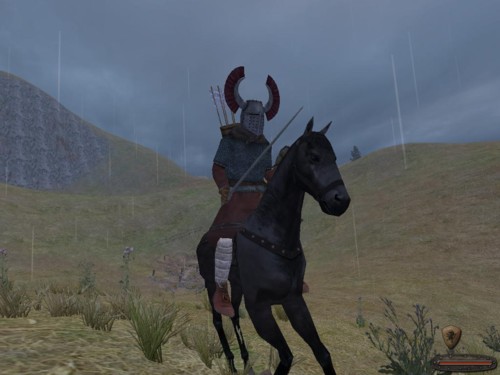I think that games designers, especially younger, keener, and possibly inexperienced ones can get hung-up on the idea that games are like puzzles, when in fact, games are like donuts. Even puzzle games.
When you get game design students to submit game ideas, or you encounter their ideas online, (inevitably in any discussion of game design or criticism of game ideas), you get a huge emphasis on mechanics, and on the numbers, the choices, the decisions, and the maths and principles behind game design. Books have been written on this topic. I have several myself. There are a lot of maxims, and serious theories.
The problem I have with all this, is it treats the player like a rational, thoughtful robot that is aware that games must be perfectly balanced. In other words, the player is expected to take an analytical and rational and logical approach to deciding whether or not a game is fun.
This is silly, because ultimately games are about FUN. You can take your fun seriously, and that’s fine, but lets not kid ourselves. Gaming is a leisure activity, done for fun. Choosing the right gun in Battlefield 2 isn’t the same as choosing what university course to take or your pension provider or next career. There are no life-changing implications to choosing ‘Elf’ rather than ‘Orc’.
We all make a ton of really serious decisions in our lives. I run a business, and that’s all about seriousness, contracts, numbers, blah blah. The last thing I want to do when gaming is take on a whole new serious set of decisions. I strongly suspect that a lot of gamers have a similar attitude, especially really young gamers and the 30+ generation. How many times do you pick a certain character class or weapon or role in a game because of some silly reason, some trivial gut ‘feeling’? I’ll always max out my archery stat in a game that offers it, even if it’s a dumb choice, because I find archery cool. I spent all my cash in mount n blade on the helmet with big horns, because I liked the helmet, who cares if I’m not maximising my armor stat? Horns are cool.

The reason I’m saying games are like donuts, not puzzles, is that when asked what food we want, we pick what we ‘like’, we don’t get too analytical about whether food X has 15% less calories for the same quantity as food ‘Y’. Food ‘X’ has got better reviews than food ‘Y’, but ultimately we don’t care. We like pizza, more than salad, so we choose pizza. We don’t feel like we have to justify it. In this case, the academic game designer is like a nutritionist. The customers decision makes no sense, they have picked the ‘wrong’ food, the lesser food, for completely silly reasons. Can’t they see that the salad contains a better balance of the different calories and proteins and vitamins, and thus is better than something that is all pepperoni and cheese?????? Can’t everyone see that Beethoven is better than the spice girls????
Game design is about fun, and making the player FEEL good (or bad/scared/guilty/powerful..). It’s not a puzzle of stats for the player to win. If you enjoy gratuitous space battles, then you have WON. It’s not about scoring points or beating challenges really, it’s a game that (I hope) makes you FEEL like you control a big space fleet. I’m selling your the feeling of power, not a spreadsheet. Battlefield 2 makes me feel like a cool soldier, and that’s great. It doesn’t really matter if the game is unbalanced, or if it’s just another shooter, or if Call of Duty has more guns, or cost more, or has a better plot. These are bullet points. We don’t have them on donuts.
I strongly think game designers are selling feelings. This is why I find it worrying so many of them are insular, shy, introverts with a limited range of interests / experiences. Game designers need to get drunk, have sex, get into fights and jump out of airplanes. Stop watching firefly for 10 minutes and go something that generates some different emotion in you.
What about you. Do you play and choose games for seemingly trivial reasons? Because you like the wood-chopping noise in age of empires, or because you like the background music in eve? What’s the silliest most peripheral non-‘game-design-theory’ reason lying behind your choices? and how does your favorite game make you FEEL?